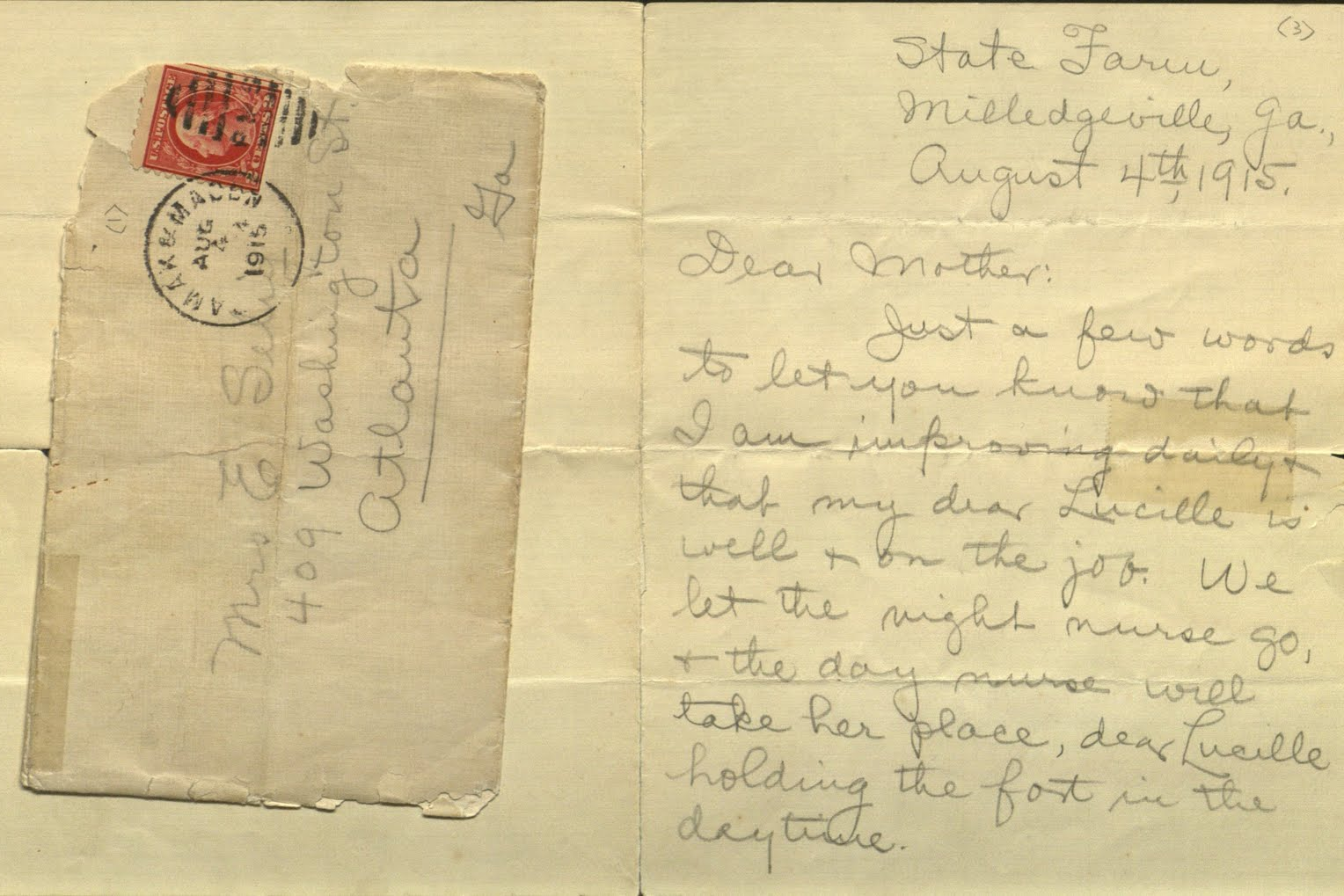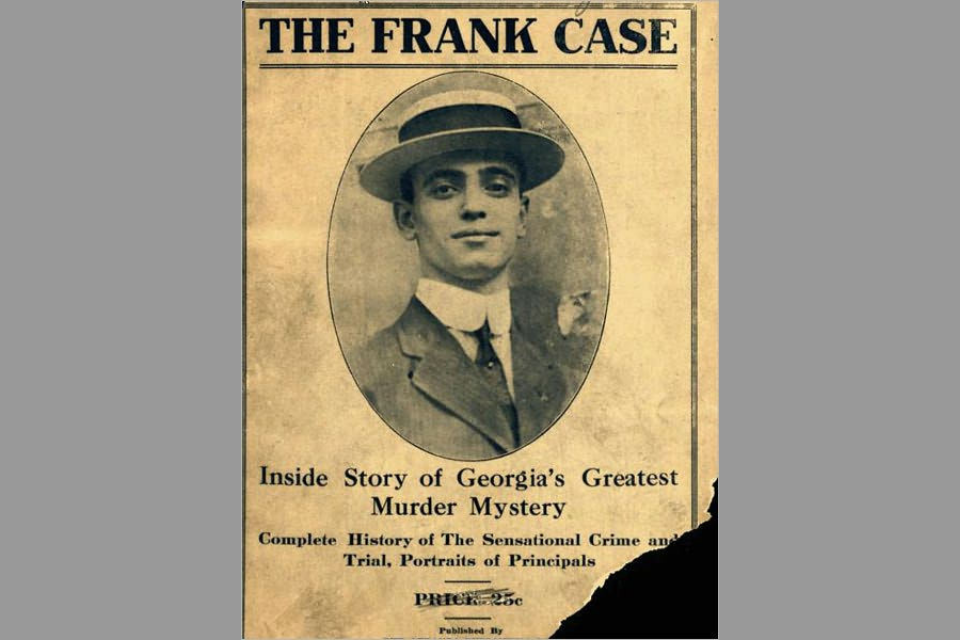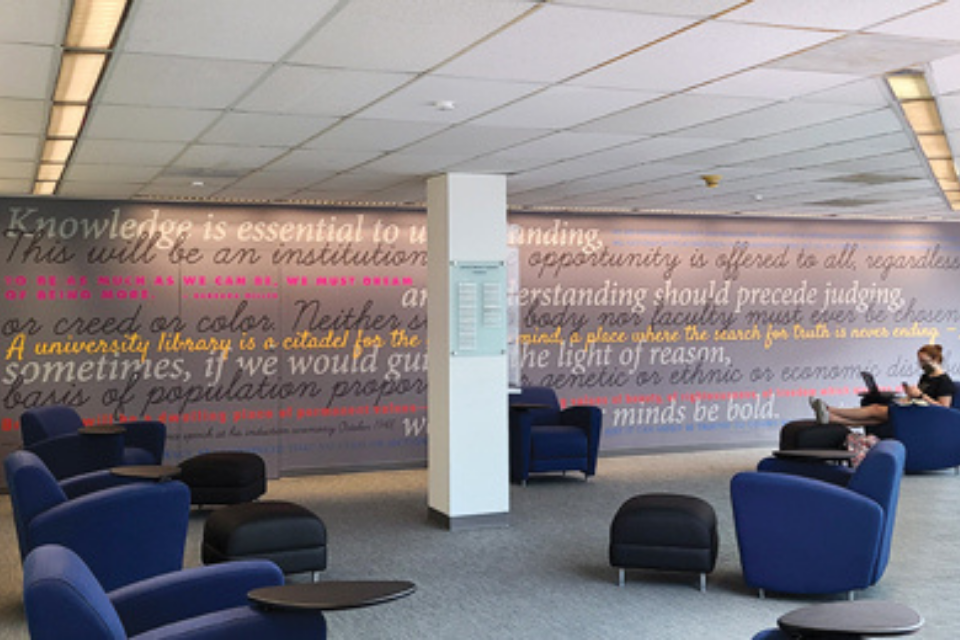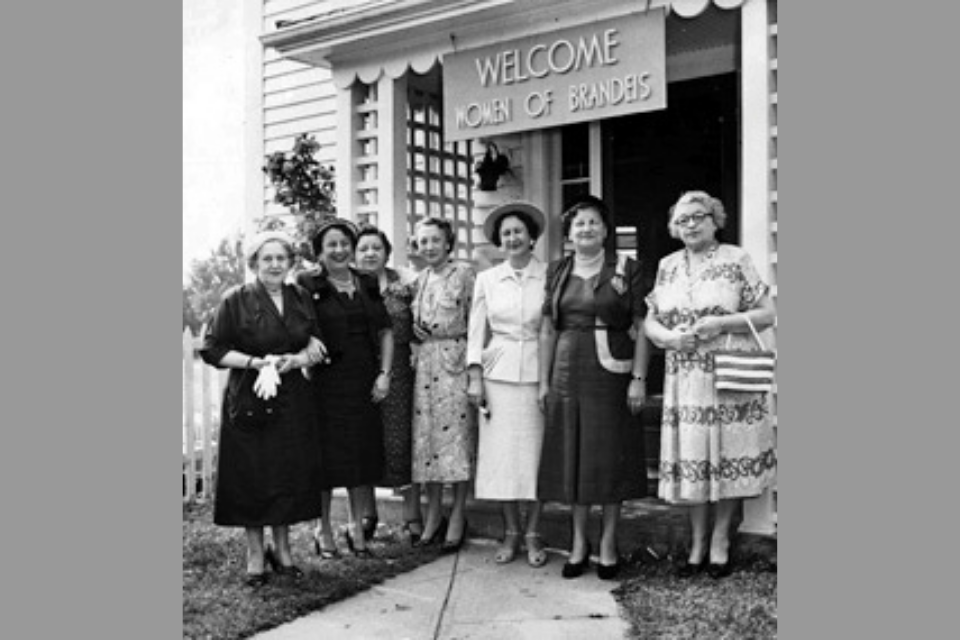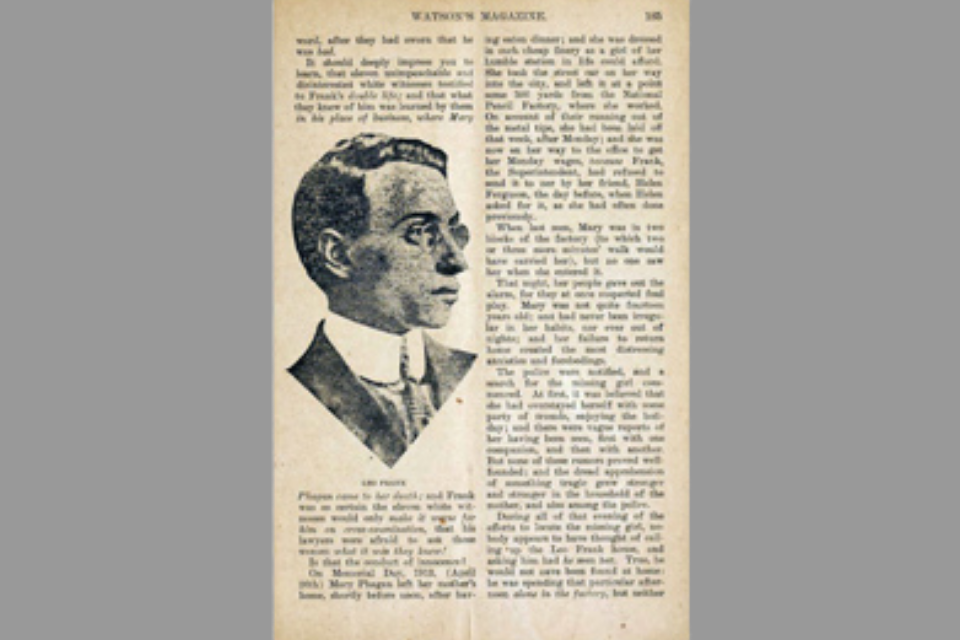Brandeis Alumni, Family and Friends
Honoring Our History with a Quiet Revolution
April 21, 2022
Why digitizing Brandeis library archives is an act of social justice
"The only thing that you absolutely have to know is the location of the library." - Albert Einstein
Grade school storytimes… middle school book reports… high school exam cramming… college research projects… lazy Sunday afternoons checking out a new batch of books cloaked in crinkly covers – the common denominator in these universal life experiences is that they all take place in libraries.
Ever since 7th C. BCE Assyria, libraries have been the source of literary, scholarly and investigative works for kings, constituents and communities. They provide intellectual invigoration, creative inspiration, vicarious adventure and contemplative sanctuary, serving as cornerstone structures on campuses and town-squares around the globe.
Since 1948, the Brandeis Library has been bringing the world to campus and now it is bringing yet more of its collection to the world. Thanks to the diligence and vision of the Brandeis National Committee (BNC), thousands of materials in Brandeis Library’s Robert D. Farber University Archives and Special Collections are slated to be digitized, all of them highlighting courage, tenacity and the fight for equity.
The library of the future
The BNC is an international community of Brandeis supporters that was founded concurrently with the university, and this digitization endeavor is part of the committee’s Honoring Our History campaign. The project is part of the BNC’s goal to create what they envision as the library of the future and exemplifies the founding principles outlined in President Ron Liebowitz’s Framework for the Future. Equity is one of the framework’s key priorities and that is what digitization creates – scholarly equity.
Since the summer of 2020, the BNC has been raising funds to support this digitization process and, in the fall of 2021, it reached its ambitious goal of $500,000. The library staff and the BNC are committed to sustaining their fundraising momentum in order to shift their focus to other scholarly priorities, including virtual programming, which has become a core part of every high-caliber educational experience.
The initial fundraising campaign will make it possible for portions of six special collections to be digitized – including the Leo Frank Trial Collection, Helmut Hirsch Collection, Jewish Resistance Collection, Jewish Feminism Collections, Spitzer Family Papers and the University Photography Collection – and, in turn, provide insight into the narratives of 20th-century men and women living in a time of overt antisemitism, racism and institutionalized sexism. These collections highlight the fight for inclusivity and tolerance, and Brandeis is committed to expanding access to students and scholars around the globe.
Democratization through digitization
The digitization of the Brandeis Library’s unique collections is not as simple as making them available online. This project, and the fundraising behind it, supports the entire process of digitization, which includes ensuring the discoverability of these narratives outside of the Brandeis community and enabling forms of digital scholarship that can be used in schools and research projects internationally. These unique collections, like the astute, eloquent and informative narratives found within them, deserve to be appreciated, shared and remembered by as many people as possible.
The BNC has supported numerous initiatives across campus and the library has been a special project for the committee for the past 74 years. In addition to this high-tech undertaking, the BNC has added countless books to the library and much-needed shelving for the books, including the "millionth book" and establishing a University Librarian Chair.
Empowering students and scholars near and far
Beth Bernstein, GSAS MA’90, executive director of the BNC, reflects on the commitment and passion that the BNC has been devoting to Brandeis since the university was founded.
“The Brandeis National Committee is anchored by a love of education and scholarship,” says Bernstein. “The BNC is committed to sharing these important histories, perspectives and voices in American Jewish history. This allows Brandeis to help meet the increasing need for materials and resources by students and researchers around the world.
“It doesn’t stop with digitization and the access it provides,” she continues. “It also sparks collaboration between institutions, wherein professors can access our digitized scholarly materials – such as unique documents, handwritten letters and photographs – and create teaching documents and classes around them. This is the type of symbiotic academic relationship that can emerge because of the digitization process, and it fosters the sort of scholarly global connections that the BNC has always envisioned for Brandeis.”
Brandeis National Committee University Librarian Matthew Sheehy pointed out the local benefits of this project in a recent phone call. “Our goal is to make our unique and special collections accessible for traditional research as well as new forms of digital scholarship and learning opportunities. We’re helping to break down barriers of access. We want Brandeis Library’s unique collections to be available not only to students and researchers, but for it to be a gift to the community as well.”
Associate University Librarian for Archives & Special Collections Sarah Shoemaker summed it up with a comment on the timeliness of the Honoring Our History endeavor: “There has been a revolutionary change in the way researchers look for rare and valuable manuscript materials – now, demand for online access to primary source materials is increasing worldwide. This trend started well before the last couple of years, and it will extend into the future. We want to meet the members of our research community where they are, and to expand access to allow new discovery of our unique materials that can inform so many understandings of the world.”
To again summon the wisdom of Albert Einstein, whose words are included in the Framework for the Future itself: “Brandeis is a name that cannot merely be adopted. It is one that must be achieved.” The Brandeis Library and the BNC’s shared commitment to digitizing these collections is a powerful example of the university’s deep and enduring drive to uphold Louis Brandeis’ ideals as a staunch crusader for social justice, and this crucial work continues in his name.
About the Author

Annie is senior development writer in advancement communications. Before joining Brandeis in January 2022, she was a writer at Dartmouth College. As a longtime freelance journalist and radio commentator, she has covered art, culture, travel, and education for the New York Times, the Washington Post, the Boston Globe, Art in America, Art New England, NPR, and many other outlets. She is the lucky mom of two great kids.







